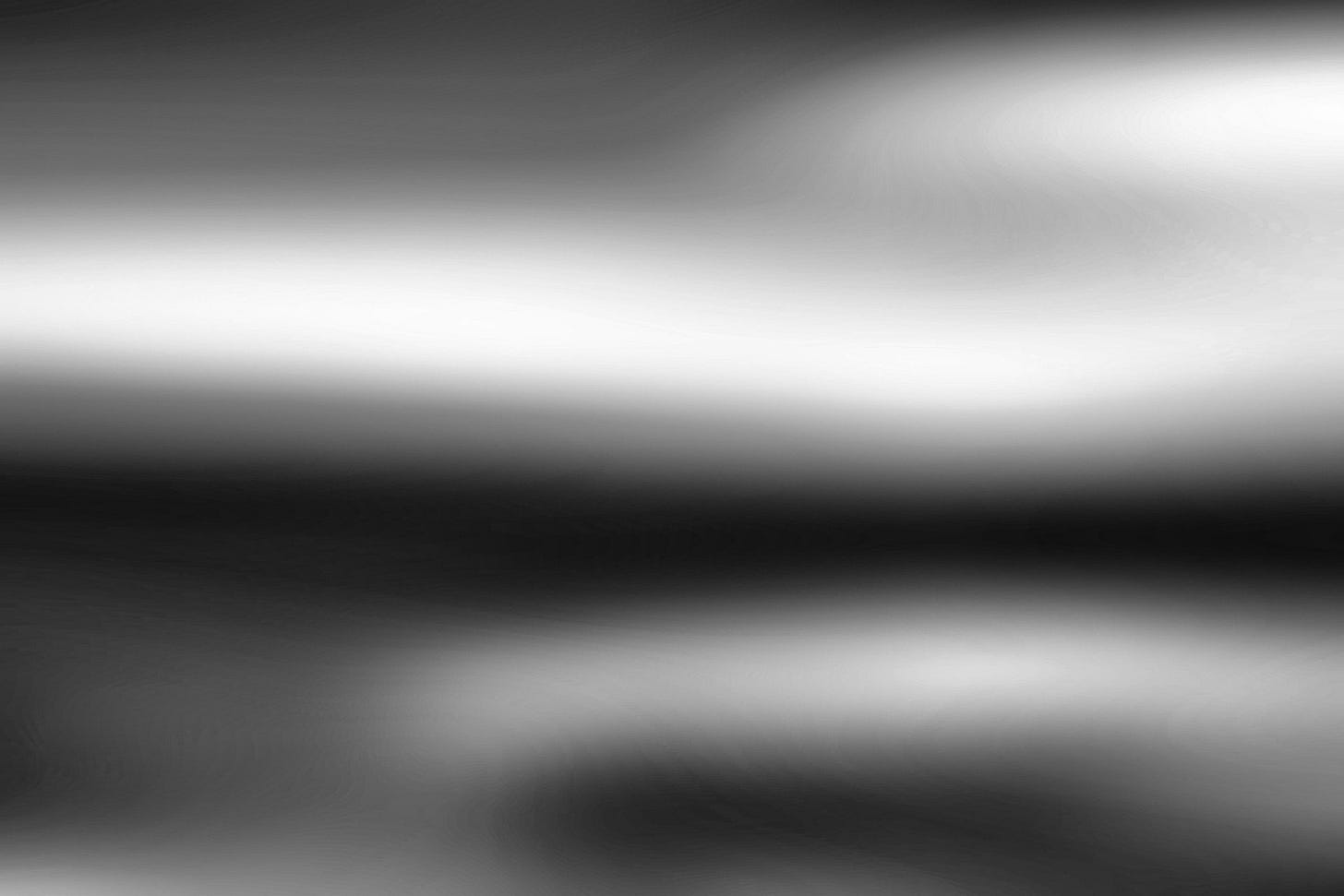Introduction
Some chapters are not written for the general public. They are written for those who recognize what is rarely discussed — not from theoretical knowledge, but from having crossed the terrain itself. Those who recognize it, recognize it. Those who do not, do not need to. Giftedness is sometimes nothing more — and nothing less — than the capacity to see through everything, until even the act of seeing through itself dissolves. And it is there that this chapter begins.
When Even the Question Disappears
There is a place about which little is spoken, not because it is hidden, but because language itself begins to collapse. The few words that remain no longer serve to explain, to comfort, or to provide direction; they merely mark the edge where even the need for explanation itself dissolves into absence.
I write this chapter for those who recognize that place. And I do not write as an observer, but as one who inhabits it.
I am gifted. Not as a label or identity, but as a fundamental architecture of consciousness that shaped the way perception unfolded throughout my life. The ability to see patterns quickly, to reflect deeply, to dismantle complexity with unsettling precision—this has been both gift and burden. For to see further is to see through, and beneath every structure of knowledge and certainty lies a hollow that cannot be filled with more understanding.
Where most find safety in systems, ideologies, convictions, or narratives, the gifted mind is often confronted—sooner or later—with the emptiness beneath these structures. In its ultimate consequence, giftedness is not the ability to know more, but the capacity to dismantle knowledge itself — to peel back layer after layer until even the most refined constructs reveal their temporary, arbitrary, and ultimately hollow nature.
For many, the movement remains within the sphere of inquiry — the endless search for more knowledge, more complexity, new fascinations. But for some — and I speak to them — the very act of seeking eventually collapses. Not because of disillusionment, nor out of despair, but because the mechanism itself comes to a halt.
It is not that the answer disappears.
It is that the question itself dissolves.
What remains is not enlightenment.
Not healing.
Not wisdom.
But bare existence.
Life simply continues to live itself, absent of any actor standing outside or directing it. Eating occurs when the body eats. Movement arises when the body moves. Speech unfolds when words appear.
There is no will behind it.
No direction guiding it.
No assignment driving it.
The structures of meaning are no longer needed—not because they have been rejected, but because they have simply lost their function. Even emptiness ceases to carry meaning, for the very experience of emptiness itself was still a subtle form of identification.
What remains is existence unfolding without intent, action taking place without actor, time passing without expectation.
And yet, on rare occasions, a final question may surface—not as a cry for help, not as despair, but as pure observation, almost as an echo from earlier stages:
Why am I still here?
The answer, when it comes, is brutally simple:
Because life has not yet ended itself.
Breath remains as long as breath continues. Movement persists while movement arises. Presence endures as long as presence exists. That is all. No drama. No destination. No purpose, and no task.
Those who arrive here often encounter confusion from the outside world. Observers see someone still functioning, yet sense an absence of drive or ambition. And so, they project:
“He lost his passion.”
“He is exhausted.”
“He needs to find new purpose.”
“He must reconnect to something.”
But this is not a crisis. It is not depression. Not burnout, and not spiritual emptiness.
It is simply the inevitable consequence of fully seeing through every system of meaning — including the final, most stubborn structure: the idea that there remains an ‘I’ who must still choose, direct, or let go.
Even the thought I could end it myself belongs to that older architecture of agency. When even that dissolves, only the pure, unmediated movement of life remains:
Life lives itself until it ceases, entirely on its own.
There is no second too soon and no second too late, no decision, no choice, no redemption, no surrender; it is not tragic, not exalted, not empty, not full, not hopeful and not hopeless. This is the pure, unmediated simplicity of existence beyond the self.
There is no one left who lives, and yet life continues. There is nothing left that dies, and yet it will vanish. And that is enough.
For the very few who recognize it.
An online-only extra chapter to The Price of Clarity.




Wonderfully said, Ron. Let’s just hope no unsuspecting atheist stumbles upon this and accidentally has an existential crisis—haha.
I hear the natural way of living in your writing. As you describe life and death and it's materialistic, with the body. And here on earth we have to deal with that to come closer to our soul purpose.
Beautiful said dear Ron